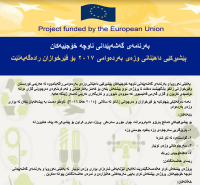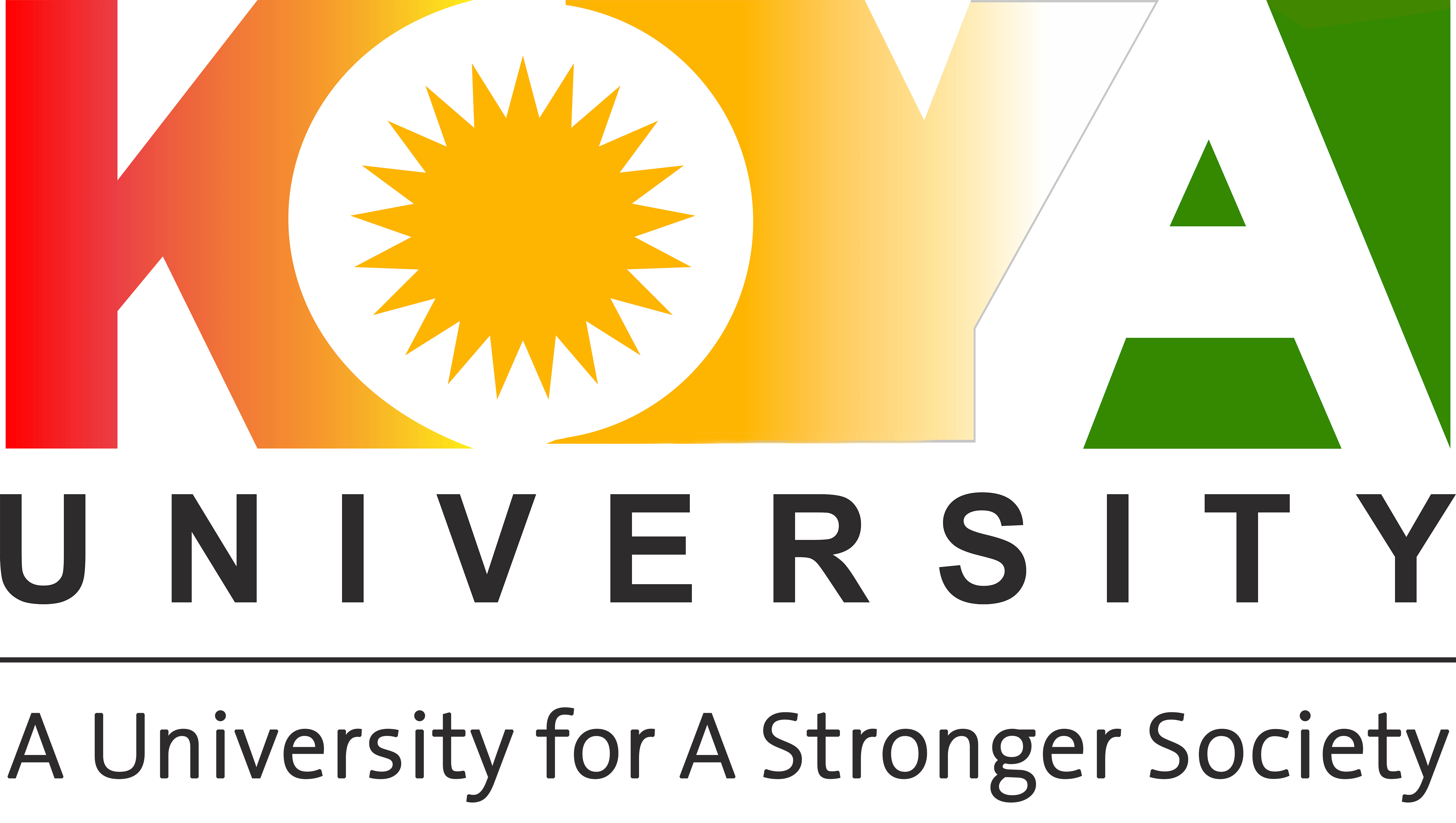The European Commission (EC) aims to protect, preserve and improve the environment for present and future generations, proposing and implementing policies that ensure a high level of environmental protection and preserve the quality of life. The strategic priorities of the EC for 2016-2020 are to ensure the sustainability of theenvironment and the preservation of natural resources are key policy objectives. The EC is committed to pursue these objectives and respond to current challenges and priorities through three distinct focus areas: (i) green growth, (ii) connecting with citizens and (iii) making it happen.
Energy is essential for the generation of industrial, commercial and personal wealth, and it also provides personal comfort and mobility. But its production and consumption place considerable pressures on the environment: emission of greenhouse gases and other air pollutants, land use, waste generation and oil spills. These pressures contribute to climate change, damage natural ecosystems and the man-made environment, and have adverse effects on human health.
Transport accounts for around a third of all final energy consumption in the European Environment Agency (EEA) member countries and for more than a fifth of greenhouse gas emissions (GHG). Transport is also responsible for a large share of urban air pollution as well as noise nuisance. Furthermore, transport has a serious impact on the landscape because roads and railways divide natural areas into small patches with serious consequences for animals and plants.
The Local Area Development Programme (LADP), funded by the European Union and implemented by UNDP, launched an initiative to support the Kurdistan Region Governorates to address those challenges by the development of Sustainable Energy Actions for the coming years. In the coming months the governorates will be supported to identify the true impact of the CO2 and GHG emissions on the environment and propose projects, laws and regulations at the level of governorates and the Region to minimise them. The plan also includes developing actions for energy saving, optimal use of natural resources and alternative energy production sources.
In order to support further the Governorates in generating innovative solutions to the pressing economic, social and environmental problems, EU-LADP in partnership with the Kurdistan Regional Government would like to invite young and talented people to present their ideas and proposals that focus on the sustainable use of energy.
Objective
EU-LADP has launched its Sustainable Energy Innovation Competition in KRI and invites university students to submit innovative projects that lead to less consumption of energy, reduction of CO2 and GHG emissions and have beneficial economic and environmental impacts.
This is a unique opportunity for current student and/or graduated from 2014 to start their career in the field of sustainable energy.
The competition is open for any ideas which prove to be environmentally friendly and will improve the living standard of the people of Kurdistan by decreasing the loss of natural and financial resources and bringing economic growth.
Categories
In order to secure fair and objective competition, 4 main categories in which projects will be competing are identified:
1. Resource conservation and/or energy efficiency
2. Transport in cities
3. Renewable energy sources
4. Smart technologies
Indicative Sectors
The Competition will not be restricted to specific sectors. Following list indicates the main areas which are related to the main sources of CO2 and GHG and/or could be applications of renewable energy:
• Transportation
• Private electricity generation
• Building insulation
• Solid waste management
• Natural resources
• Water management (including wastewater)
• Industry
• Agriculture
• Urban planning
Requirements
Who can apply?
University students individually or as a team. Preference will be given to projects developed in a team, which involve more than one specialization. The applicants are encouraged to include students with the needed specializations (e.g. engineer, urban planner, communication and marketing) in their teams.
The team may collaborate with university professors or experienced professionals as associated members (resource persons). Their names should be clearly stated in the application form.
The team should select a team leader who must be a student and will represent the team as well as sign the application form on behalf of the team.
How can I apply?
Application forms can be downloaded from the programme Facebook Account (Sustainable Energy Action Plan – SEAP). (https://www.facebook.com/SustainableEnergyactionPlan/)
The applicants are free to use different methods to present their ideas. The presentation, however, should have the following minimum requirements: 1. A detailed description of the idea and reference materials used; 2. An introduction to the problems which are addressed by the proposed solution; 3. Calculations on how many tons of CO2 or GHGs will be reduced (this can be presented in amount of electricity saved or tons of fossil fuel not used); 4. Impact on the economy; 5. Estimated budget for the project idea to be realized as a pilot.
When I can apply?
Submission Deadline: The deadline for submission of applications is 31st of May 2017 Send your projects to the following email ([email protected]). Late entries cannot be considered.
Evaluation procedure: The submitted projects will be evaluated by the Sustainable Energy Innovation Committee composed of a team of experts from EU-LADP. The submitted innovation projects will be evaluated using an evaluation grid with selection criteria.
Awards: The award-winning projects will be acknowledged with an award by EU-LADP. Final results will be announced in July 2017. Two award-winning projects with best evaluation scores will be awarded in each category. First award is $1,500 and second award is $1,000.
Additional Information
What will make my project a winning one?
Here are some tips which could help you make your projects/and ideas successful:
• The project might not be only a concept but also involve preliminary research with relevant stakeholders and involved parties. University professors and/or professionals might participate in the development of the project idea for providing additional guidance;
• Preference will be given to innovative solutions that are applicable in Kurdistan. The proposed project might already have been implemented in other countries but not in the Kurdistan region. However, students will need to demonstrate the innovative character of the project;
• Focus should be on the added value to the environment and on the reduction of emissions;
• Impact on economy – saving of funds and resources;
• Clear and simple steps on how the project can be implemented;
• Alternative ways of presenting the project;
• Micro-level which could be implemented immediately without requiring changes in the legal framework or the adoption of new regulations
• Preferences will be given to innovative low-budget solutions which do not demand big investments;
• Awareness campaigns could be part of the solution but only to complement the innovative solution proposed.
Where I can look for additional information
EU-LADP supports the Governorates of Duhok, Erbil and Sulaimaniyah to develop Sustainable Energy Action Plans in line with the European Union best practices, which are collected in a methodology and approach developed by the European Commission scientific body – the Joint Research Centre (https://ec.europa.eu/jrc/en). This methodology is promoted by the European Union Movement Covenant of Mayors. The web-site of the Covenant of Mayors is an excellent resource for ideas in the area of sustainable energy actions (http://www.covenantofmayors.eu/index_en.html). The source includes documents, research papers and already-developed plans of different municipalities in Europe and other countries (including Middle East and North African countries). Another good source of information and inspiration is the website of an EU funded project called Cleaner Energy Saving Mediterranean Cities (www.ces-med.eu). The project supported development of more than 20 sustainable energy action plans in the countries of North Africa and the Middle East.
There are many other internet sites that provide practical examples of sustainable solutions to reduce emissions and protect the environment, and that you might find useful.
We wish you the best of luck and look forward to receiving your innovative proposals.

